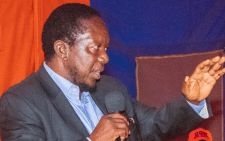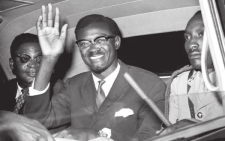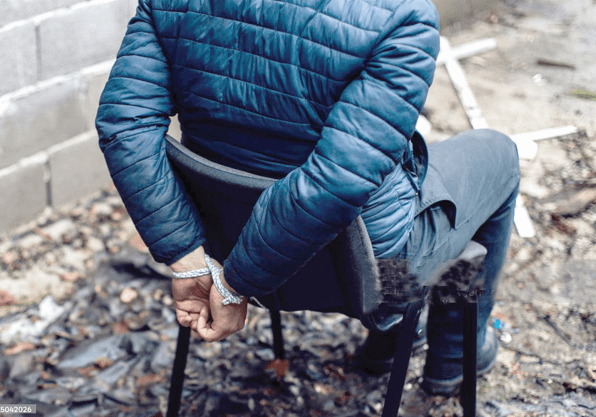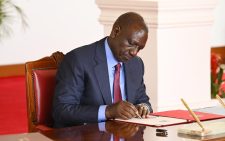Sobering lessons from Gachagua’s downfall
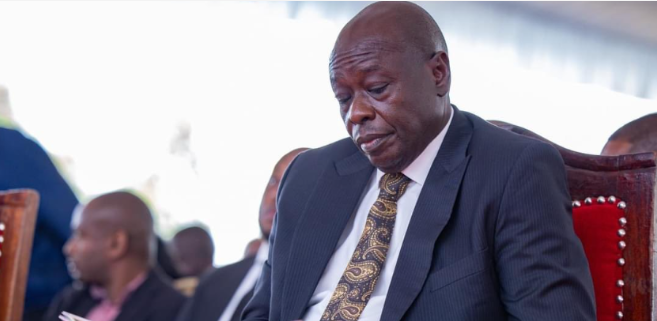
It was all along expected to happen. On Thursday night, Deputy President Rigathi Gachagua’s impeachment in the Senate confirmed Kenya’s worst-kept political secret.
There are no permanent enemies or friends among the cabal of Kenyan politicians who have dominated the political scene since the dawn of multiparty politics after the second liberation struggle of the 1990s.
The loud silence from his superior and once closest political ally, President William Ruto, cast a dark cloud over his destiny as Gachagua won a public-court victory but fought a losing battle to save his ill-fated political career in Parliament.
What spelled his doom was the tectonic shift in Kenya’s political structural formation when his avowed enemy in the fiercely contested 2022 presidential election forged a friendly “handshake” (in local jargon) with Ruto.
Opposition leader Raila Odinga’s earth-shaking political arrangement with Ruto right from the Cabinet where Gachagua sat extended to Parliament, where their two dominant political parties, UDA and ODM, rule the roost.
That was an ominous sign for Gachagua as he had previously hurled incendiary invectives at Raila and his party cohorts. Abandoned by his own party stalwarts, with whom he had opened another political brawl, he was a marked man.
There is an African saying: when you want to slaughter a bull, you don’t show it the knife. The former DP had simply shown the knife to so many bulls. That is why he had to succumb to political lynching.
No one is indispensable in the murky, treacherous terrain of Kenya’s political minefield, where only the battle-hardened operatives survive.
“Riggy G” was a relative rookie in this political class despite receiving his baptism from the “professor of Kenyan politics”, the late President Daniel arap Moi, during the infamous authoritarian Kanu single-party era, where Ruto was also a scholar.
The Deputy (formerly vice) President’s position is the most precarious political seat in the State architecture. Gachagua’s downfall confirms a long historic tradition. That the holder of that office serves at the mercy of his boss, the appointing authority.
From Oginga Odinga, Joseph Murumbi, Moi and Mwai Kibaki to Josephat Karanja, George Saitoti, Moody Awori and Musalia Mudavadi, the only presidential assistant it can be said enjoyed some semblance of tranquility was Awori under Kibaki.
The rest were victims of the curse or jinx of the second-in-command who enjoy the privilege, prestige and proximity to power yet are prone to the risk of falling prey to blind loyalty while displaying any signs of hubris or unbridled ambition.
That is why Gachagua unwittingly plunged into the deep political ocean with its fair share of sharks without any lifesaving or survival tactics.
He could not match veterans who have mastered the art of the deal from a political, constitutional and raw power perspective that turned his world upside down.
Neither could he muster the daring nerve, resilience and capacity to mobilise masses to take to the streets in protest to demand justice against political and economic marginalisation and other forms of oppression.
The lesson from Gachagua’s bad omen is that in Kenyan politics one must play their cards close to their chest and avoid openly playing the ethnic card and a sharp, loose tongue against perceived enemies or partners to attain political ascendancy.
Your enemy or rival today could turn out to be your handshake partner or political saviour tomorrow.
